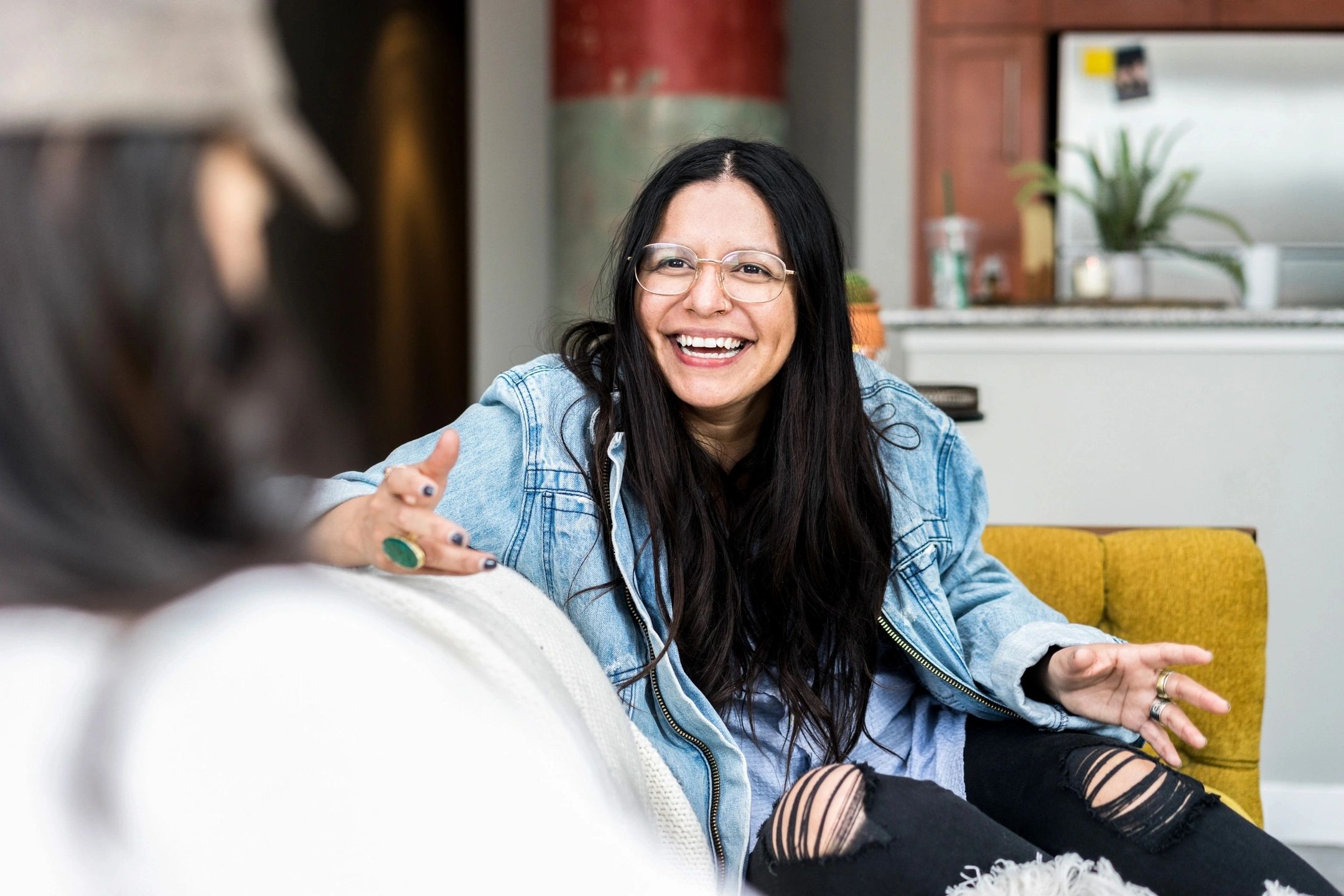Strategies for both parents and their children of all ages.
By Pam Willsey, Willsey Connections
Imagine for a moment that you’re a teen: one moment you’re learning how to be autonomous, becoming independent from your parents, and figuring out what kind of person you want to be. Then, in what seems like overnight, your whole life changes. Even your trusted adults don’t understand what is happening, what will happen, or when things will go back to normal. In fact, the only thing that seems certain is that “normal” doesn’t exist anymore. Nothing about our “new normal” seems normal, especially for teens and emerging adults.
This global pandemic is directly, and indirectly, affecting us all. Teens and emerging adults are at a stage in human development where separation from parents occurs. Psychological separation-individuation is the process in which the young adult renegotiates the parent-child relationship. With the current health crisis, many teens and emerging adults are not doing what they’re developmentally meant to do. They’re sheltering-in-place with their parents and some of the rules previously in place no longer apply. A second renegotiation is happening, and if you’re the parent of a teen, this is possibly the most trying time you’ve experienced yet.
Parents, now more than ever, are the most important models for how to navigate these new challenges.
Navigating These Challenges
These three ideas will help you help your teen navigate her new normal.
Strong support. If you’re familiar with my work, I’ve mentioned before how parents should avoid being their teen’s lifeguard in the turbulent waters of life. Instead of jumping in to rescue your teen, be a teacher and model resilientbehavior.
Let your teen build their skill toolbox so they’re able to face challenges on their own in the future. Remember that our teens look to us to interpret how safe they should feel. Now more than ever, it is important that parents provide that solid, stable wall for their teens to kick off of as they live their own journey.
Be there to listen, encourage, and support your teen without judgment or your own expectations. This experience is a learning opportunity and will help your teen develop the tools she needs to face the challenges in her life. How we manage our own feelings will set the tone for how our teens experience this challenging time.
Mindful pausing. Being still, or taking a mindful pause, can be difficult. The feelings that can be uncovered are powerful and uncomfortable. Teens can actively try to push these feelings away by being busy. They immerse themselves into the “doing.”
Taking a mindful pause and shifting to “being” rather than “doing” is not becoming a couch potato with nothing but Netflix and cookies on their agenda. A mindful pause can be a moment of internal reflection on noticing the stillness, acknowledging the emotions that they uncover, and learning and accepting the feelings that emerge. They can then translate those feelings into making real connections. This may be the only time in teens’ lives that they have nowhere to go, nothing they have to do, and no real responsibilities! This is truly an opportunity to reflect on what matters most to them.
Creating possibilities together. Help your teen set her own expectations about what her summer will look like, or what school might look like in the fall. Discuss how these expectations might or might not be realistic. Allow your teen to include these new expectations in their mindful pauses. Their mindful pause may be all in one day, or over the course of several weeks or months. Give your teen the space for noticing all of the emotions that come up during this time.
Holding the paradox of noticing what she has control over versus what she doesn’t is part of the process. Having a parent as a thought partner can be a game-changer. Asking a thought-provoking question like, “If you could learn something new this summer, what would it be?” opens up possibilities to connect. For instance, I’ve been working with a client who discovered, after a mindful pause, she wanted to learn how to cook.
She and her mother have taken this goal and transformed it into both a chance to connect together and expand my client’s toolbox with a life skill that will serve her well upon graduating from college. Help your teen look inward to determine what she would like to explore this summer.
Bring It All Together
So many parents have asked me what it was that I said to their teen that clicked—the “aha!” moment that worked and made all the difference. After I relay my message, I often hear them respond, “but I already said that!” I agree! Yes, you may have already said that. But was your teen listening? Did they really hear you? This “same message, different voice” approach is why life coaching works.
My approach to coaching has always been to help my clients to connect more authentically with themselves and others in their world. I also help connect clients when appropriate. For instance, I’m currently creating a new offering for high school and college-aged girls to participate in this summer.
The brainchild of two of my clients, this virtual platform will be a place for girls to share their quarantine experiences with other girls through written word, art, music, new ideas, and resources to explore. Also in the works is an intergenerational COVID connection program with a senior living community. This partnership offers an opportunity for the girls to come together in a safe space with the seniors to share, learn and connect during a difficult time for both age groups.
If you’re having a difficult time connecting with your daughter during this time, reach out to see whether coaching might be the next right thing. Perhaps it will help your daughter develop a new understanding of who she is, what matters most to her, and what her personal strengths are.
Remember, we’re all in this together.
Do you know a girl or have a daughter who could use some guidance?
Visit my website WillseyConnections.com for more information and let’s connect.




